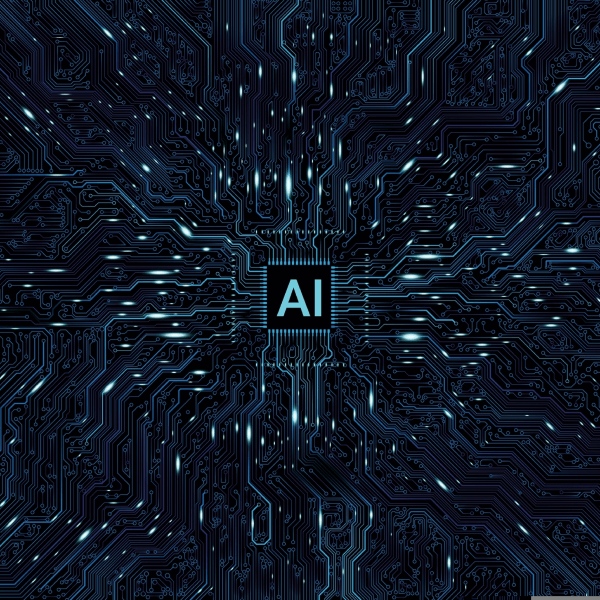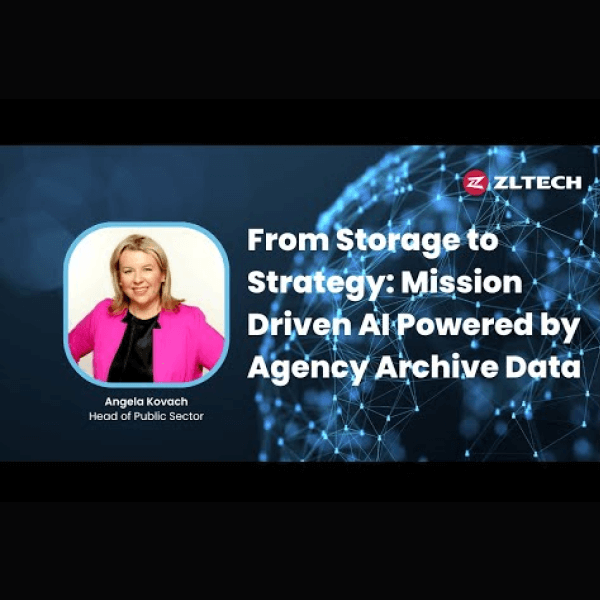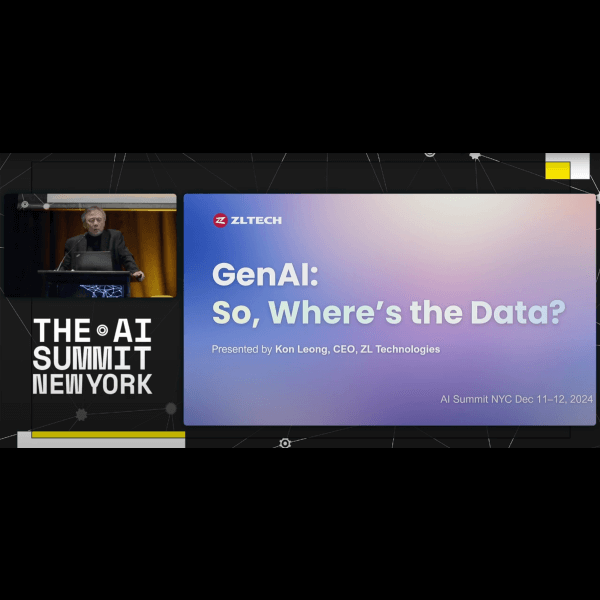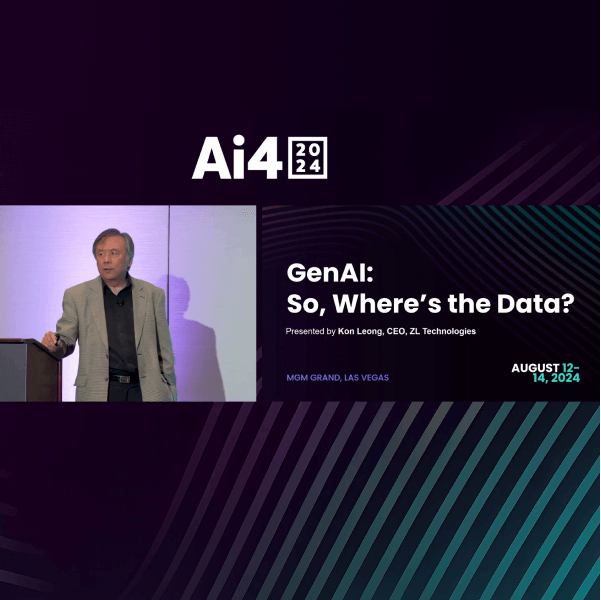Just a few years ago, AI in business was largely experimental. Today, it's driving tangible outcomes, with agentic AI at the forefront of this transformation. These autonomous agents are revolutionizing enterprise operations by executing tasks, making decisions, and collaborating across systems without constant human oversight.
What Is Agentic AI?
Agentic AI refers to intelligent software entities capable of perceiving their environment, making decisions, and autonomously performing tasks to achieve specific goals. Unlike traditional AI tools that require explicit instructions, agentic AI operates independently, adapting to new situations and learning from experiences. These agents can interact with various software applications, analyze data in real time, and execute complex, multi-step processes without human intervention.
The Enterprise Shift: From Assistants to Autonomous Agents
The enterprise landscape is witnessing a significant shift from passive AI assistants to proactive agentic AI systems. These agents are not just responding to queries; they're taking initiative, making decisions, and driving business processes forward. For instance, a project manager agent can analyze tasks, create timelines, and follow up with team members. A customer service agent can handle inquiries, process returns, and provide resolutions without human involvement.
The Role of Unstructured Data in Enterprise Agentic AI
Agentic AI can only take on the tasks of a human employee if it has been trained on human data. That data exists in unstructured formats such as emails, PDFs, call transcripts, and documents, and collectively forms the organization’s "corporate memory." This internal, human information provides agentic AI with the context and nuance it needs to act with intelligence. With over 80% of enterprise data stored in unstructured formats, harnessing this data unlocks the true power of agentic AI.
Key Capabilities of Enterprise Agentic AI
- Multi-Step Execution: Unlike robotic process automation (RPA), which follows predefined rules, agentic AI can adjust workflows in real time based on new data and changing conditions.
- Decision-Making Ability: These agents can make independent decisions within predefined boundaries, enhancing their adaptability and effectiveness.
- Inter-Agent Collaboration: Agentic AI systems can collaborate with other agents, mimicking human team behaviors to complete complex tasks.
- Real-Time Learning: By continuously learning from new information, these agents improve their strategic planning, data predictions, and overall performance.
Real-World Applications for Enterprise Agentic AI
Companies like Verizon have reported significant benefits from implementing agentic AI. Verizon's deployment of a Google AI assistant, based on the Gemini large language model, has led to a nearly 40% increase in sales by assisting customer service representatives in responding more efficiently to inquiries. Similarly, Adobe is developing advanced agentic AI capabilities to streamline content creation processes within its suite of creative apps.
Challenges in Processing Unstructured Data
- Data Silos: Unstructured data often resides in isolated repositories, hindering comprehensive analysis.
- Context Understanding: Interpreting the nuanced meanings within unstructured data requires sophisticated AI models.
- Security & Compliance: Processing sensitive documents necessitates robust compliance systems to mitigate legal risks.
The Future of Enterprise AI Agents
Looking ahead, agentic AI is poised to become integral to enterprise operations. Gartner predicts that by 2028, 33% of enterprise software applications will incorporate agentic AI, a significant increase from less than 1% in 2024. This growth will enable up to 15% of day-to-day work decisions to be made autonomously, enhancing efficiency and productivity.
Key trends to watch include:
- Formation of AI Agent Teams: Agents will collaborate to replicate human team dynamics in professional settings.
- No-Code Development Tools: Businesses will create custom AI agents without specialized technical skills.
- Deep Integration: AI agents will integrate seamlessly with CRM, ERP, and cloud platforms to optimize workflows.
Final Thoughts
The rise of agentic AI marks a transformative period for enterprises. By leveraging these autonomous agents, businesses can achieve faster decision-making, improved operational efficiency, and deeper insights from their data. However, to fully realize these benefits, organizations must address challenges related to unstructured data and ensure robust curation and governance measures. As agentic AI continues to evolve, enterprises that embrace this technology will gain a competitive edge in the rapidly changing business landscape. Ask yourself: is your data AI-ready?
Interested in governing and curating your data for AI? Request a demo.





